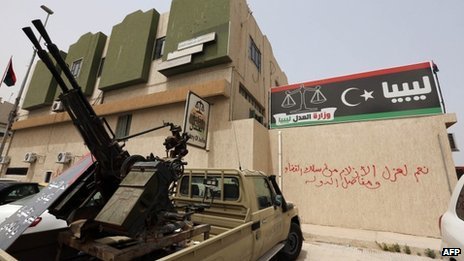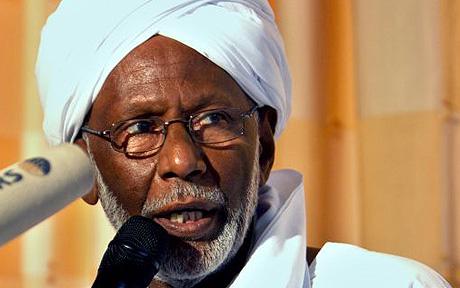By Erica Smith
Impunity Watch Reporter, Africa
MOGADISHU, Somalia — U.S Navy SEALs led an early morning raid Saturday against an Al-Shabaab target in the sea side town of Barawe. Navy SEAL Team Six swam ashore near the town in southern Somalia before members of the Al-Qaeda linked group rose for dawn prayers, U.S. and Somali officials told The Associated Press.

U.S. officials are reporting that there were no U.S. causalities but that the mission was not successful and was aborted. A specific Al-Qaeda suspect related to the Nairobi mall attack was the target of the raid but was not apprehended U.S. military officials told AP. The target is believed to have been Mukhtar Abu Zubeyr, also known as Ahmed Godane, who claimed responsibility for the Nairobi shopping mall attack that killed at least 67 people. SEAL Team Six encountered fiercer resistance than was expected and after a 15 to 20 minute firefight, it was decided to abort the mission and the team swam away. SEAL Team Six has responsibility for counter terrorism activities in the Horn of Africa.
It is believed that most of the members of Al-Shabaab living in the two story beach house were foreign fighters from counties including the U.S. and Britain.
A resident of Barawe told CBS News by telephone that heavy gunfire woke up residents before dawn prayers. Another resident of Barawe, Mohamed Bile, told The AP that militants closed down the town in the hours after the assault, and that traffic and movements have been restricted. Al-Shabaab members carried out house-to-house searches, most likely to find evidence of a spy.
“We woke up to find al-Shabab fighters had sealed off the area and their hospital is also inaccessible,” Bile said. “The town is in a tense mood.”
US Secretary of State John Kerry stated in a press conference from Bali that the raid showed terrorists that “can run but they can’t hide”.
For more information, please see the following:
All Africa — East Africa: Terrorists ‘Can Run but They Can’t Hide’ – Kerry — 6 October 2013
CBS News — Navy SEALs go after al-Shabab senior leader in Somalia — 6 October 2013
Sky News — Al Shabaab: US Forces Abort Somalia Terror Raid — 6 October 2013
USA Today — U.S. forces strike targets in Libya, Somalia — 6 October 2013
CNN — Al-Shabaab grew amid Somalia’s lawlessness — 5 October 2013


